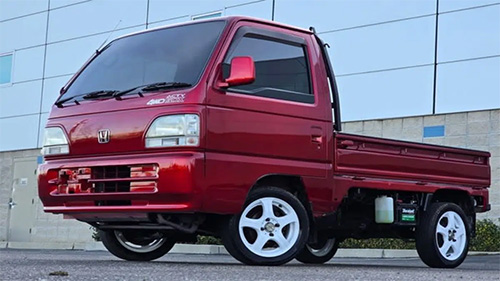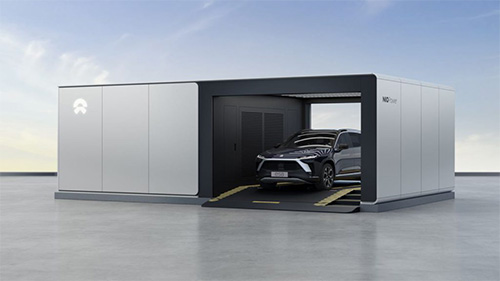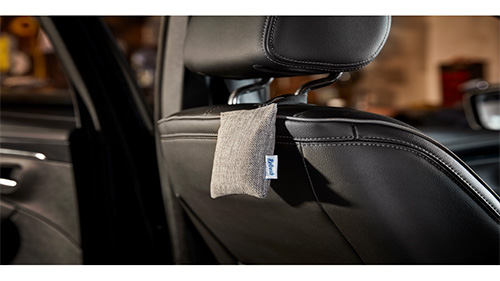Oregon Could Be the Next State in America to Legalize Kei Trucks

In the quiet hum of legal engines and urban planning debates, Oregon finds itself on the cusp of joining a fast-growing movement in the U.S. to embrace small Japanese Kei trucks. Already embraced in states like Texas and Colorado, these pint-sized trucks offer a fresh take on transportation—but they also require careful calibration of laws to ensure safety, emissions control, and suitable usage on public roads.
What Are Kei Trucks—and Why the Buzz?
Kei trucks are ultra-compact, efficient vehicles originally built for Japan’s narrow streets. They’re typically under 1.2 L in engine size and just over 3.4 m long. While lacking advanced safety features like airbags, many are legally imported into the U.S. thanks to a federal 25-year exemption that bypasses modern safety and emissions standards. Advocates highlight their affordability (often under $5,000), fuel efficiency, and utility for urban tasks or light hauling.
Legal Landscape: Texas to Colorado
Texas recently codified Senate Bill 1816, legalizing Kei trucks 25 years or older for street use. The law mandates basic road equipment—headlights, mirrors, speedometers—and allows highway driving where speed limits permit. Enthusiasts celebrated, calling it a "major victory" for compact vehicle culture.
Colorado has made strides too. After the DMV briefly tried to ban Kei trucks, that effort was retracted, and legislation (HB25-1281) is enabling restricted street use—limited to roads at or below 55 mph and off highways.
Why Oregon’s Turn Is Significant
Currently, Oregon’s DMV does not allow Kei trucks to be titled or registered for street use; the only pathway is via ATV classification under certain circumstances. That policy contrasts sharply with the state's reputation for progressive urban planning and might soon change—especially with advocacy spreading out of Texas and Colorado. With growing interest, Oregon may look to tailor regulations that:
● Limit use to local roads or streets below a certain speed
● Require basic safety and emissions compliance
● Offer affordable, eco-conscious alternatives to full-size trucks
Legal & Policy Considerations
If passed, Bill 1213, presented by State Senator Anthony Broadman, would permit the lawful driving of light trucks on Oregon roadways, subject to certain limitations. Light trucks are now prohibited from operating on public roadways in some states, including Oregon. Light trucks are permitted to be imported, but they cannot be registered as automobiles.
Light trucks, such as the Honda Acty, are classified as light vehicles if they are no larger than 4.9 feet (about 1.4 meters), no taller than 6.6 feet (about 1.9 meters), and no longer than 11 feet (about 3.4 meters). The Oregon measure keeps those rules in place and adds that the car must be from South Korea or Japan, be older than 25, and be governed by federal import laws.
Kei trucks can sometimes be considered "moving billboards" because to their striking design, and they are enjoyable to operate. Colorado and Texas have allowed the importation of Kei vehicles and are home to a large number of Kei truck aficionados. The Kei truck market is still strong despite being more specialized.
Oregon stands poised on the edge of policy evolution—caught between traditional safety regulations and the growing appeal of sustainable, compact vehicles. By drawing on recent precedents, the state has the chance to craft laws that embrace Kei trucks while safeguarding its roads—fulfilling both environmental and transportation goals in one compact package.







